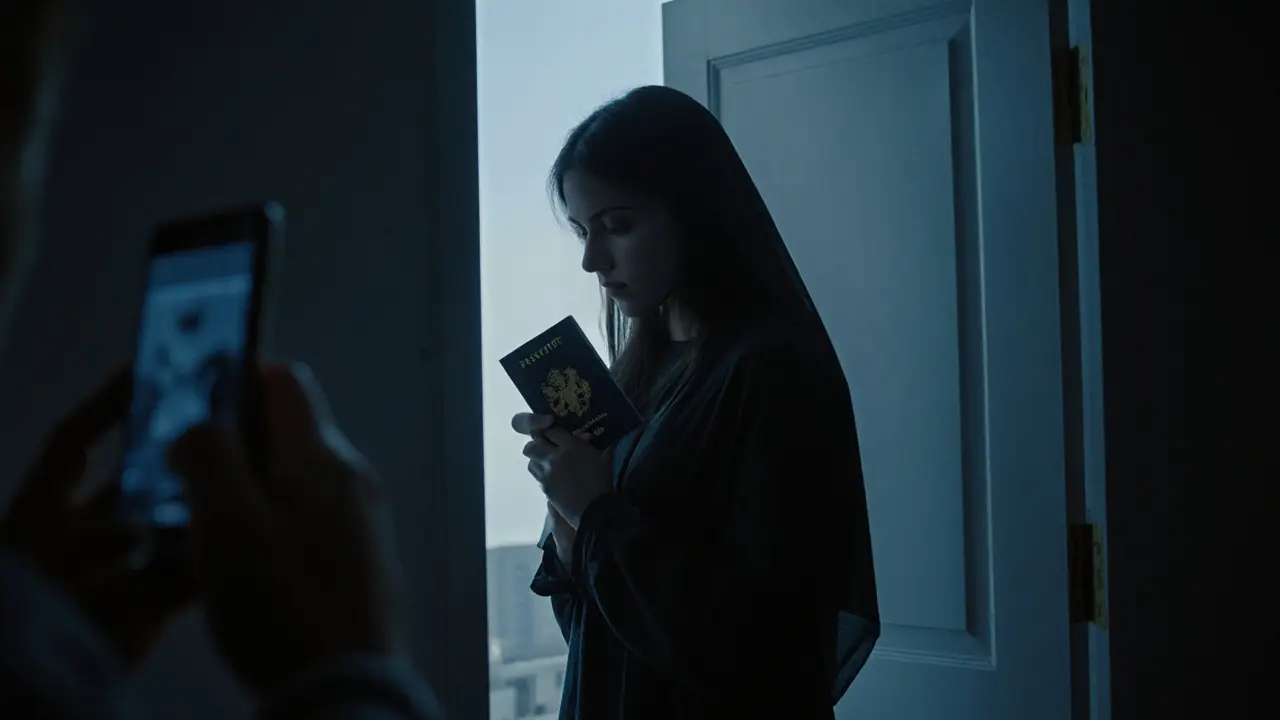Human Trafficking Dubai: What You Need to Know About the Dark Side of the City's Luxury Scene
When people talk about human trafficking Dubai, the forced exploitation of individuals for labor or sexual services under false promises. Also known as modern slavery in the UAE, it’s not a distant problem—it’s woven into the shadows of Dubai’s glittering skyline. What looks like a thriving escort industry on some websites is often a front for coercion, debt bondage, and illegal detention. Women and men from Southeast Asia, Eastern Europe, and Africa are lured with fake job offers, then trapped in apartments or hotels under threats, confiscated passports, and zero legal protection.
The Dubai escort services, a term used to describe paid companionship, often illegally tied to sexual activity. Also known as call girl networks, it’s a gray zone where consent is rarely documented and exploitation is common. Many of these "companions" aren’t freelancers—they’re controlled by organized groups that use social media, dating apps, and fake agency websites to recruit. The law doesn’t recognize escorting as legal, so victims have nowhere to turn. Police raids happen, but they rarely rescue the people being exploited—they arrest the clients or the workers, treating both as criminals.
It’s not just about sex. sex work legality Dubai, the absence of legal protections for individuals engaged in commercial sex. Also known as prostitution laws in the UAE, it means no one can report abuse without risking deportation or jail. A woman who escapes her trafficker might be locked in a detention center because she has no visa. A man who was promised a construction job and forced into prostitution has no access to lawyers. The system is designed to silence, not protect.
And the illegal adult industry Dubai, a network of underground services operating outside the law, often linked to trafficking. Also known as clandestine massage parlors or private parties, it thrives because tourists don’t ask questions—they just want a quick, discreet experience. Ads for "luxury companions" or "high-end escorts" sound glamorous, but they’re often just marketing for people who were lied to, drugged, or sold. The same hotels listed in those ads—Burj Al Arab, Armani, Atlantis—are also where traffickers move their victims between clients.
If you’re visiting Dubai, you might not see the trafficking. But you’re part of the demand. Every time you book a "private dinner with a model" or a "VIP night out," you’re feeding a system that preys on the desperate. The city’s wealth doesn’t erase its cruelty—it hides it behind velvet ropes and five-star branding.
What you’ll find below isn’t a list of where to find companions. It’s a collection of real stories, legal warnings, and survival tips from people who’ve seen the other side of Dubai’s dream. You’ll read about how scams work, what happens when you get caught, and why the safest choice isn’t the cheapest one. This isn’t about judgment—it’s about awareness. And if you’re here to explore Dubai, you deserve to know what’s really happening behind the lights.
